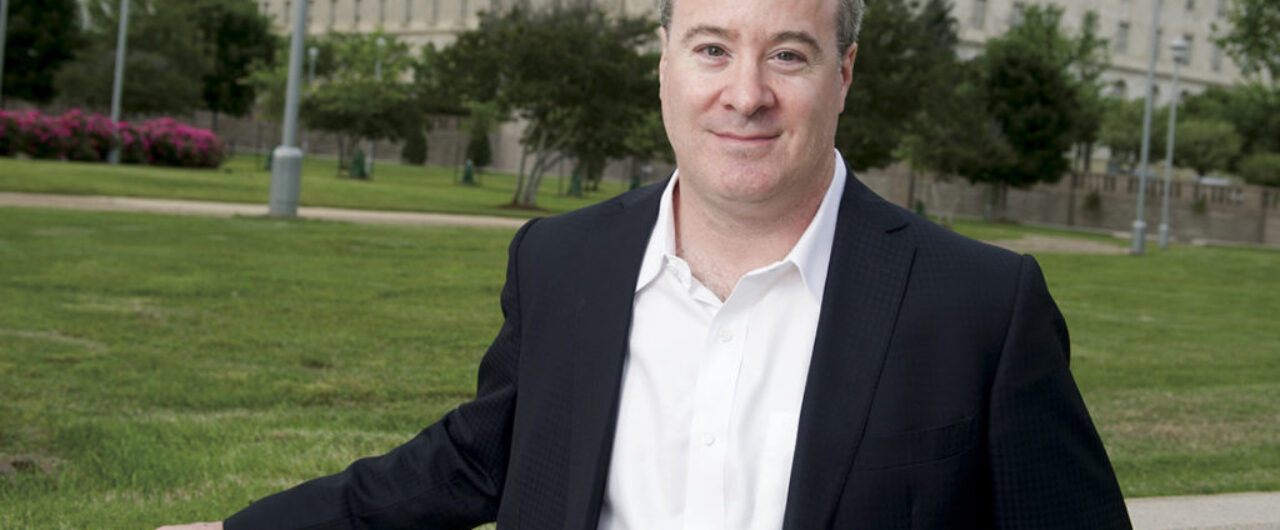Our partners at the Progressive Policy Institute released a new survey of European voters’ political attitudes. While it indicates that many have lost trust in progressive parties, it also shows the way forward for the European progressive movement: engaging the public in bold progressive proposals.
During #PGS19, our cohosts at the Progressive Policy Institute released a sweeping survey of Europeans’ political attitudes ahead of the European elections. This new polling reveals key insights for European progressives about not just the challenges they face, but also the opportunities they have to connect on the issues that matter most to voters. While the data indicates that many progressive parties have lost credibility, it also suggests that transformative proposals on issues could speak powerfully to voters’ concerns and help reinvigorate a progressive movement.
Conducted by Expedition Strategies, the poll interviewed voters in Germany, France, Poland, Sweden, the Netherlands, and Italy. The results reveal that public dissatisfaction with the status quo is widespread: most respondents said that both their country and the European Union are headed the wrong way. Across demographic categories, voters said that their greatest source of frustration is the economy. They worry that the wealthiest keep getting even richer while respondents’ own wages stagnate; that the cost of living is rising faster than incomes; and that taxes are too high.
After the economy, environment and immigration top the list of voter concerns. A full two-thirds of those surveyed want their country’s government to do more to combat climate change, and the issue is especially important to progressive-leaning voters. The polling reveals a clear preference for “carrot” solutions in the form of economic incentives for adopting renewable energy but shows much lower support for “sticks” such as higher energy taxes.
The survey reveals a widespread belief that immigration has had a negative impact, a finding that holds true even for many progressive-leaning voters. Perhaps surprisingly, respondents did not rank cultural change as the most negative impact of immigration. They are more worried about immigration’s impact on security and the risk of Islamist terrorism, followed by the concern that immigrants are using more benefits and straining national budgets.
Core findings from this survey echo one of the key takeaways from #PGS19: progressives cannot simply defend the status quo and expect electoral success. The data shows that, in order to reinvigorate the European progressive movement, leaders must engage the public with bold proposals, especially those that address widespread economic frustration.
Download the full results here.
For further reading, find a detailed piece about the poll and the path forward by Will Marshall for The Hill here.





